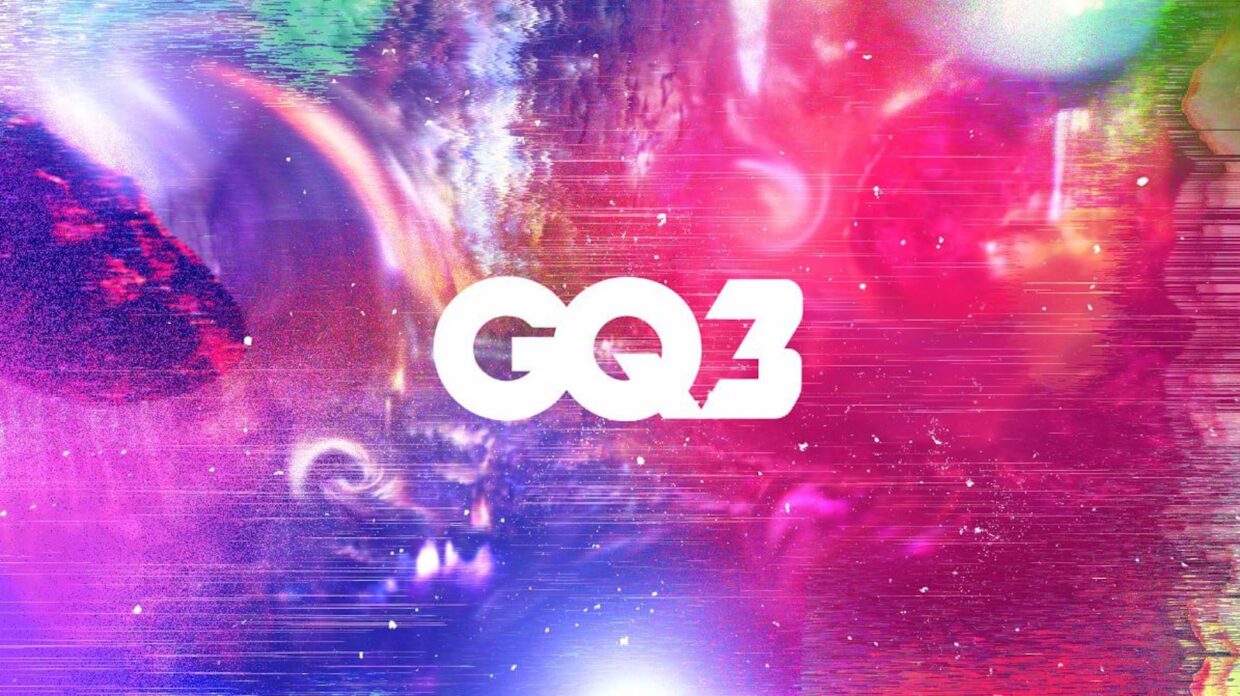Last week, men’s fashion magazine GQ announced plans to unveil its first NFT collection, dubbed “GQ3 Issue 001: Change Is Good.” The collection will contain 1,661 algorithmically generated pieces created by four artists, priced at 0.1957 ETH — symbolizing the year of GQ’s founding — each, or around $330.
In line with the trend of offering real-world perks along with NFTs, each GQ token grants its owner benefits like a GQ magazine subscription, a box of GQ-branded products, exclusive merchandise, and a ticket to the inaugural GQ3 party in April. This marks GQ’s addition to a growing list of legacy media such as the New York Times, TIME magazine, Rolling Stone, and CNN that have issued NFTs in recent months.
As the audience that gathers information through traditional media sites and print media dwindles, legacy media outlets urgently sought to find new ways to diversify revenue channels and engage with readers.
NFTs provide one solution, as they allow media companies to profit from already-published materials that otherwise contain little financial value. Renowned media such as the New York Times, for example, call on rich, published resources to mint NFTs.
In addition, NFTs offer a great way for media to actively engage with readers who traditionally receive information passively and rarely interact with publications or other readers. With the help of NFTs, legacy media will have a much easier time creating reader clubs, organizing events, and strengthening readership loyalty.
However, NFTs are no panacea for legacy media’s long-term problems. For one thing, exclusivity could be challenging since news is inherently public information. Simply minting previous content into NFTs will not generate sustainable interest from collectors, as CNN learned the hard way when it shut down its “Vault” marketplace after only one year.
The lesson from CNN’s unsuccessful attempt is that releasing innovative and well-designed collectibles, as well as showcasing long-term commitment, is vital to any media’s foray into the NFT sector. Therefore, depending on how well its NFTs will perform on the market, GQ’s collaboration with artists could establish a new model for how traditional lifestyle media can appropriately embrace NFTs in the year ahead.



